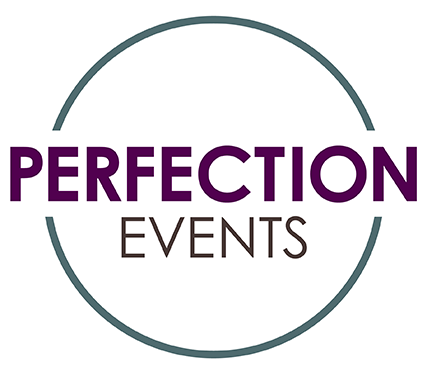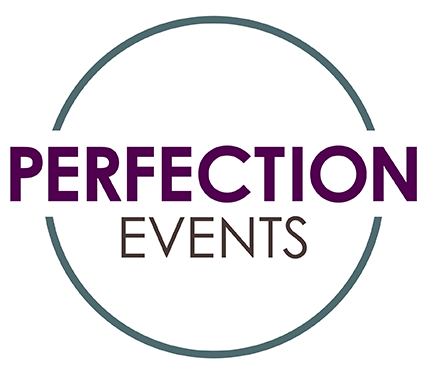
With a tight labor market and extreme competition for talent acquisition, many organizations are re-thinking position descriptions and trying to do more with less. We are seeing a trend within some of our clients where people who previously held administrative or other marketing roles are now responsible for event planning, often with minimal training.
If you have been thrust into an event planning role, here are the top 3 things to know (and embrace!) as you settle into your new responsibilities:
1. Form and Nurture Relationships.
The hospitality industry is built on relationships. While it’s a huge industry overall with millions of employees, only a fraction are responsible for buying and selling so it is very likely that you will either a) work with the same people repeatedly, or b) work with people who know the people you worked with on previous events. Maintaining strong, ethical, and mutually beneficial relationships is essential for your success in this industry.
2. Understand the Negotiation and Contracting Process.
There are many nuances in negotiating and contracting for events, and what’s negotiable in each contract will be different based on the individual specs of each event, including the anticipated spend in different categories (i.e. sleeping rooms, meeting rooms, food and beverage, AV, etc). As an example, you may have more room to negotiate meeting room rentals when you are bringing in a large block of sleeping rooms or a higher-than-average food and beverage spend.
To approach each event from the best possible negotiating position, your requirements should be well-documented, clear, and most importantly, as complete as possible. Providing the full picture of the event to your partner at the negotiating table is essential in locking in as many price points as possible and equitably sharing any risk.
Bonus tip on negotiating: discussing concessions about your requests/requirements BEFORE the contract is signed is called negotiating. The same discussion AFTER the contract is signed is called begging. It’s always better to negotiate.
3. Nothing is the Same.
One of the things I have learned over the past 2 years is that I can no longer go by what I was taught, heard, or read in a book, as it relates to events. The collective shared experiences of 2020-2022 have caused fundamental shifts in virtually everything, including the standard playbook for how to plan events.
What I CAN go by is my ability to think creatively and innovate. Because nothing is the same, I have more freedom in designing events – I don’t have to follow the same rules for room setups, food and beverage functions, or agenda design. Rather than approaching planning from a wish list perspective, I now consider the physical space available to me (which is usually less than I’d prefer), the preferred number of attendees (which is usually more than I can accommodate), and the available budget to deconstruct what has been done in the past and then reconstruct to fit into these parameters. The end-result is an event that still achieves all of the goals and desired results, but that looks and feels modern and fresh.
Your Turn:
If you are new to your event planning role, what responsibilities are coming easy to you? And which still seem like a completely foreign world?

